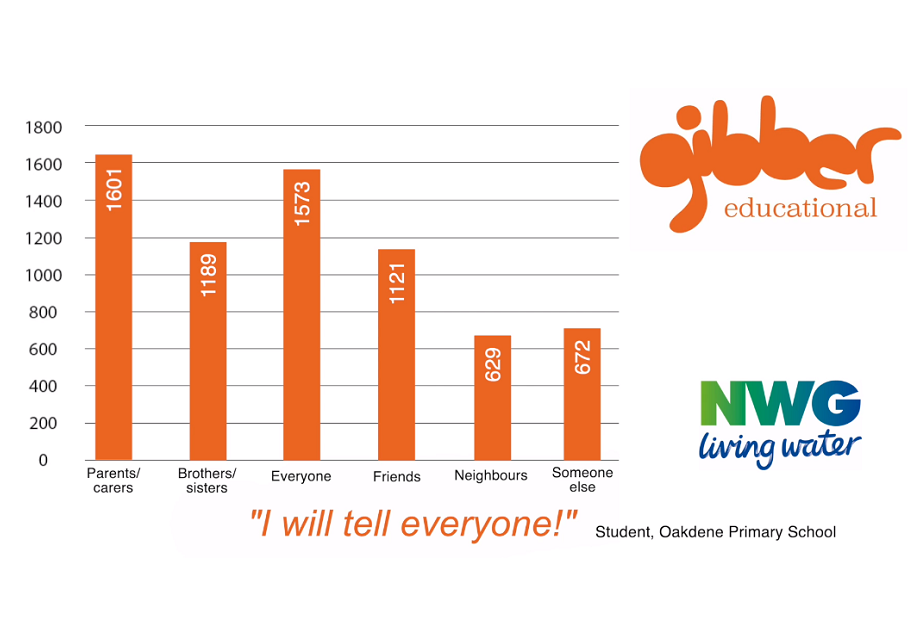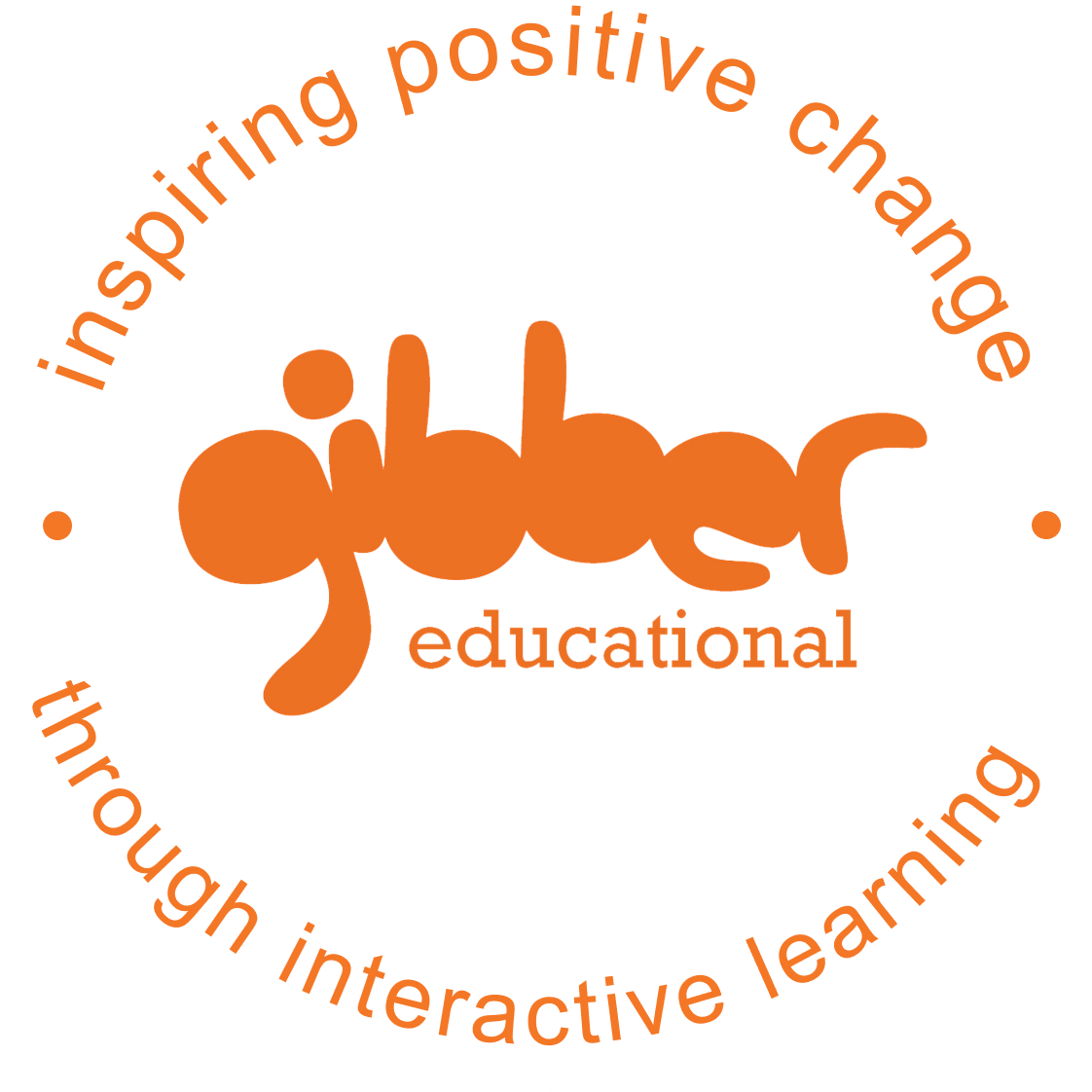
Evaluation is paramount to everything that we do at Gibber.
Why do we evaluate?
Evaluation is paramount to everything that we do at Gibber. Delivering projects for 21 years means that we fully understand how important a strong evaluation process is. Both to assess the delivery of key objectives and to inform future delivery and ongoing strategies.
All our education programmes, across the UK and Australia, are effectively evaluated. We have a tried and tested method in place to find out how successful a project has been. The findings are taken seriously. We use them to continually monitor, develop and improve delivery.
Gibber constantly explore new and more effective evaluation techniques to ensure 100% customer satisfaction. And that the needs of the young people are at the heart of everything we deliver.
“We just don’t get as high as results with anything else.”
Jane Cavanagh, Director of Widening Participation, Western Sydney University
What does our evaluation tell us?
For every project we deliver we have clear evidence in both verbal and written feedback. It tells us that from observing delivery, and assessing reaction from young people and teachers, that Gibber’s multi-sensory approach of live theatre, film and multi-media is not only Enjoyable, we have a 98%+ positive rating across all projects but also Effective in delivery of key objectives: to educate, inform and inspire positive change.
Teacher’s regularly comment on drama as an excellent way to promote the message to children and help embed learning. They state how much information they feel the pupils have learned.
“Very engaging for all children. They were actively engaged and your fun delivery had an extraordinary impact. Fantastic performance! We will be recommending.”
Miss Campbell, Teacher, Collingwood Primary School
Teachers identify the quality of the production and performers, the characters, songs, multimedia, and interaction as having a positive impact on the children. This helps reinforce the key messages and influences children to absorb the learning into their own behaviour and attitudes.
“Lively show, character changes, songs and an interactive show ensured the children listened and watched carefully – they will certainly remember the messages.”
Jo Bushell, Y3 / 4 Teacher, Belsay Primary School
Theatre in Education has the unique ability to engage many different learning styles. It enables a connection with pupils and motivates them to reflect upon behaviour. An identified strength of Gibber’s performances is the ‘young people’ characters. The characters are reflective of the young people in the audience akin to peer mentors, credible and likeable. This helps young people to take the messages into their own thinking which is often stated in evaluation:
Performing as pupils! The children could relate.
Different characters engaged children.
The characters as it made the learning fun and engaged the children.
Audience participation – songs, use of google, videos. Different characters.
Learning through a funny age-related show. All children engaged.
Identification with the characters portrayed has been presented by some as a prerequisite for attitudinal and behaviour change (Cohen 2001). Perceived realism and authenticity.
The ability to portray topics in a very visual way and to provide a context for the information provided was given as a strength of Theatre in Education in that it allows young people to make inferences about what the information provided means for themselves in everyday life (Mages et al. 2007) When you combine learning with a fun and enjoyable experience evaluation proves that you are more likely to understand and remember the messages:
The information given in an engaging way.
The play – presented information in an accessible and interesting way.
Videos linked drama well and explained clearly. Fun teaching was a key success.
Clear message presented in a fun and interesting way.
Fun aspect grabbed children’s attention. Really good way to get point across.
In evaluation, people are also keen to tell us who they will share the key messages with. It means the conservations about the topic continue and the messages reach a wider audience.
“We’ve really enjoyed working with Gibber. It’s been a solid partnership and we’re delighted with the results. The workshops were creative and engaging, well-received by the schools. Your support before during and after the project has been wonderful, we’ve really appreciated the sense that we’re working as a team towards the same goals. Gibber has gone above and beyond.”
Natalie Persoglio, Marketing and Research Co-ordinator, United Utilities
Do you have a school program that isn’t evaluating as well as it should be? Maybe Gibber can help. Drop a message to hello@wearegibber.com (UK) gday@wearegibber.com (AUS)

Recent Comments